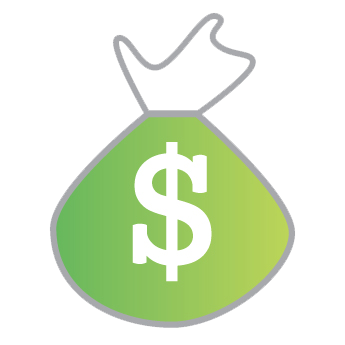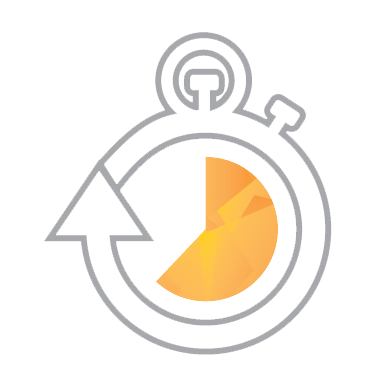YOU HAVE DECIDED TO BUY PROPERTY AS AN INVESTMENT … If you have decided to buy property as an investment, but have never invested before, you may think, since now seems to be a buyer’s market, you are ready to get started.
Many people become investors because they have seen a property that they think is a good investment rather than deciding to become an investor, then finding the property.
The main issues with this method is that, firstly, it does not allow you to become educated about how to invest, secondly, you are not carrying out effective research about the area or the property and, thirdly, you may not have taken some very important steps before becoming a property investor.
‘Financial housekeeping’ is a crucial step all investors must take before leaping into the fray. While you might think that your financial house is in order, it doesn’t hurt to take stock of where you are, and prepare well for what is about to come.
Here is a checklist for all new investors:
1) Your personal home loan
If you have a home loan on an owner-occupied home, ensure that it is set up and structured to make investing more efficient. Once you increase your debt to buy a new property, make sure that debt reduction takes place on your owner-occupied, non-tax-deductible debt first, before any principal is repaid on your new investment debt. As such you will want your home loan to be flexible enough to make additional repayments which can easily be drawn back in the event that you need extra funds to support your property, and it needs to be a loan structure where the debt is quarantined from any subsequent investment debt you may have.
2) Your personal budgets
Regardless of how big your portfolio becomes and how financially secure you are, paying attention to how you earn and spend your money always remains important. Once you begin to invest, you may have to meet unexpected expenses – new hot water services, longer periods of vacancy, rising interest rates. It is during this time that you will experience the most financial stress, and if you are used to managing your money and know exactly where it goes, making the required adjustments will be easier.Sit down and prepare a complete budget, and identify those areas where you can make changes if the need arises. Then, be sure to track your money as you spend it and adjust your spending at those times when you go over budget.
3) Prepare for investment accounting
While you may previously have prepared your own tax returns, or had a small tax agent do this for you at a low cost, accounting when you have property becomes more complex and requires a specialist accountant. Not all accountants have the necessary skills to assist you with your property claims, so before you begin search for a good accountant. Prepare a list of questions and shop around a little until you find one who seems like they have the capacity to assist.
4) Become educated
Ensure you are educated before starting. I consistently meet people who fell into investing without really knowing what they were doing, and this left them vulnerable to opportunists who sold them something that worked better for the seller than the investor. There is no need to pay out large sums of money for courses which provide little in the way of real education. Read some books, talk to others and, most importantly, learn the important questions to ask when starting your portfolio. Asking the right questions of the right people will go a long way to ensuring your first purchase is both a positive experience and a successful investment.
Call Plan Assist on 02 9449 2333 to see how we can turn you into an investor Or Email info@planassist.com.au today.









